In recent years, fraud in the field of medical drugs and dietary supplements has become a topical issue. Every day, new scam schemes aimed at the production and sale of counterfeit drugs appear online and in pharmacies. This is a serious problem not only for the health of the population but also for the integrity of the healthcare system.
Fraud with Supplements
Dietary supplements are substances that, according to manufacturers, help improve overall health and prevent various diseases. However, their sales are often accompanied by manipulation and deceit by fraudsters. Supplements are very popular, and this popularity is often used for selfish purposes.
Affiliate Programs
Some companies use affiliate programs and pay users to advertise their supplements. This often happens on social networks, where distributors promise miraculous results after using the product. Despite impressive reviews and success stories, such methods are often associated with manipulation. Fraudsters buy positive reviews to increase the attractiveness of their product without having any scientific evidence of its effectiveness.
Fake Research
Fraudsters also resort to using pseudo-experts who claim that a particular supplement has undergone clinical trials. In reality, such studies may not exist, and the information about the product is distorted. The artificial hype around supplements leads people, hoping for treatment, to spend considerable amounts on products that not only do not help but can also harm their health.
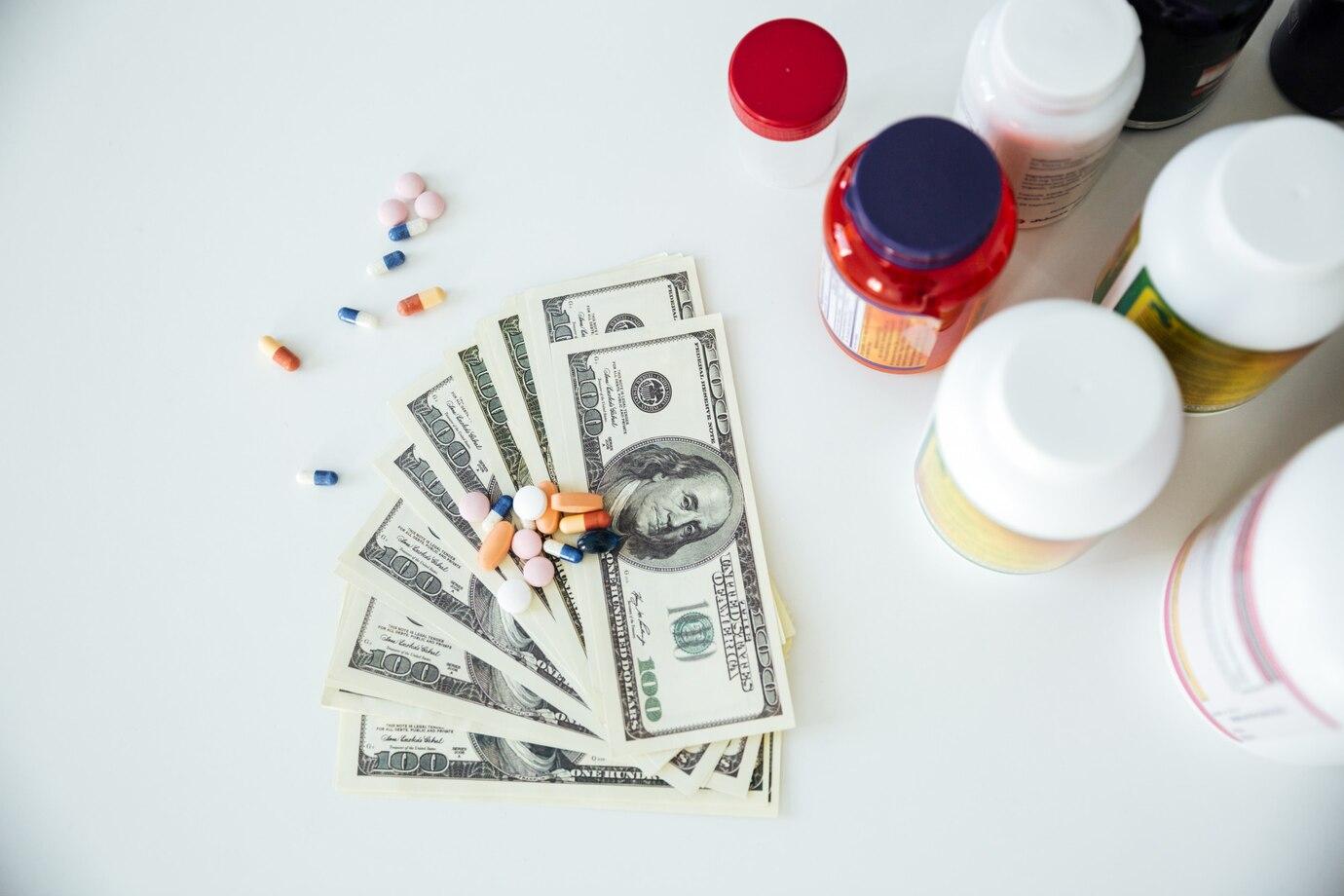
Fake Medicines Online
The internet has become a platform for selling not only legitimate drugs but also counterfeit ones. The constant demand for medicines combined with the ability to hide one's identity provides fraudsters with excellent working conditions.
Even on well-known sites that offer medicines, you can encounter fraud. Often, counterfeits can look just like real medicines but do not contain the active ingredients necessary for treatment.
Fraud in Pharmacies
Fraud is not always limited to online sales. Pharmacies can also become places of deception.
Medicine Substitution
Some inexperienced sellers or even pharmacy owners may try to substitute expensive drugs with cheaper analogs. This is a dangerous practice that can lead to serious health consequences for patients. Medicine substitution may also involve selling counterfeit drugs that differ from the original in composition, which can cause negative reactions in the body.
Price Inflation
It is not uncommon to encounter price inflation for medicines in pharmacies. Some sellers exploit the lack of information among customers to profit from their ignorance.
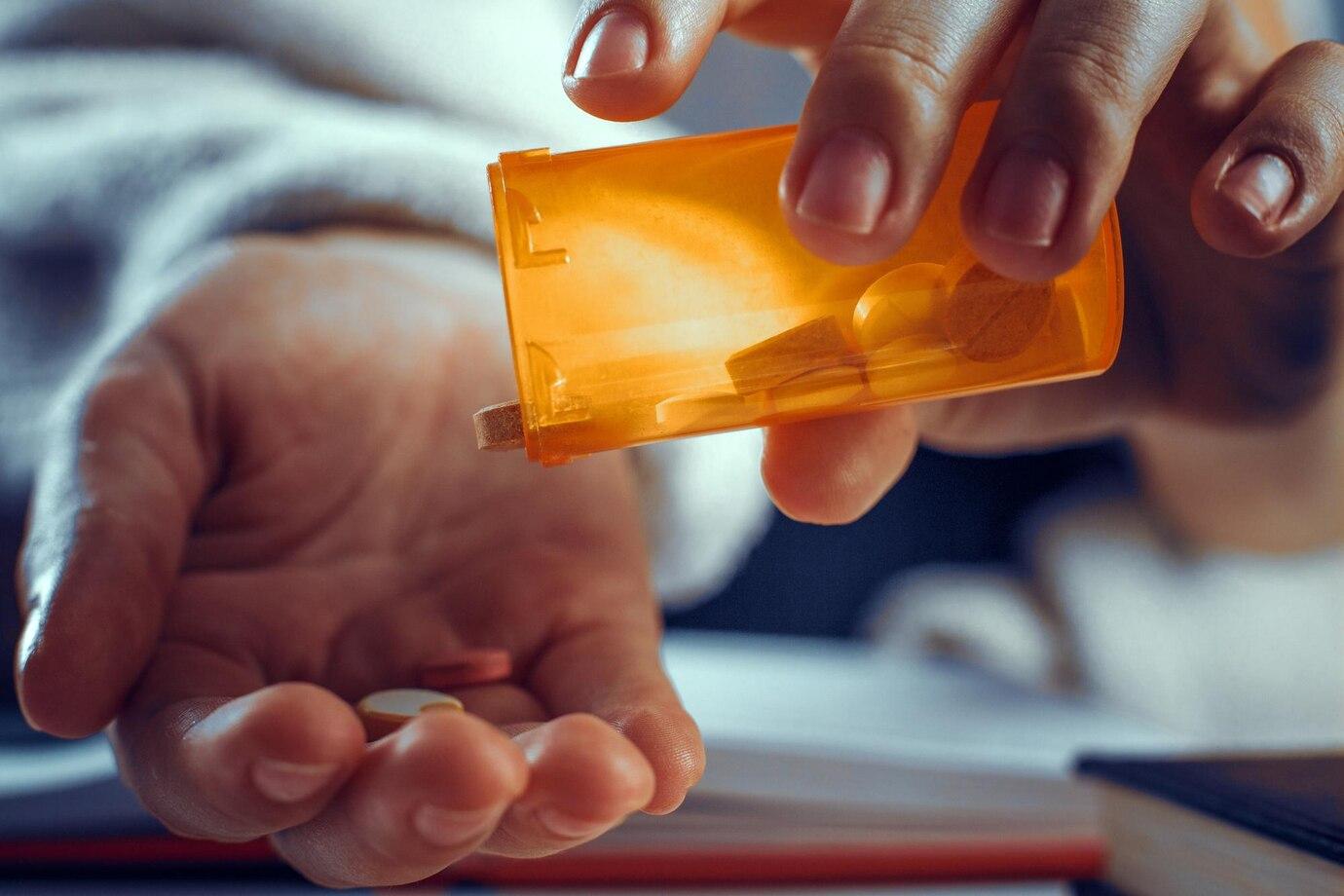
Scams with Medical Drugs
Fraudsters can create fake clinics or medical institutions that offer services related to the sale of medicines. Such establishments can operate for several months, sometimes even years, deceiving people out of significant sums of money before their activities are put to an end. Fake licenses and certificates are often used in these clinics, creating the illusion of legitimate activity.
Miracle Pills
The advertisement of miracle pills generates strong interest among consumers eager to improve their health or lose weight. Fraudsters appeal to this need by offering unique drugs that provide instant results. However, such advertising is based on false expectations and deception.
Fake Drug Certificates
Counterfeiting drug certificates is a serious problem for both consumers and distributors. Fake certificates can be used to legalize counterfeit or smuggled drugs.
How to Recognize a Fake
Fake certificates usually have fuzzy attributes or discrepancies in information. You can verify the authenticity of a certificate by contacting the authorized organization that issued it. Before taking a medicine, it is also important to check its presence in the register of registered drugs.
Fraudsters rarely publish information about licenses for their drugs. However, it should be remembered that drug certification requires constant monitoring and real-time verification. If information is missing, this may be a clear sign of a fake.
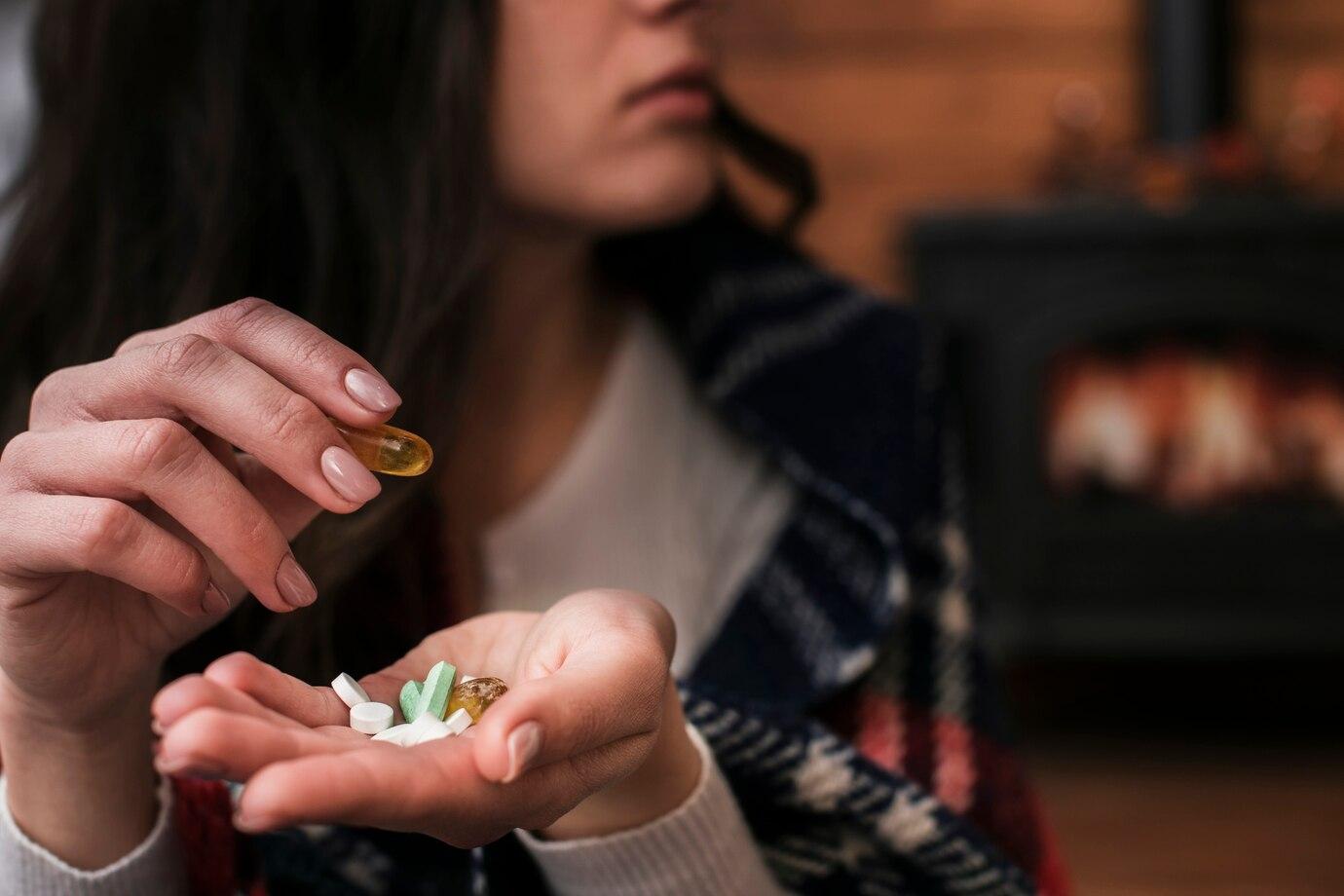
How to Verify Medicine Authenticity
Verifying the authenticity of medicines is an important step that can protect you from purchasing fakes.
Visual Inspection of Packaging
The first thing to pay attention to is the packaging. Check for protective signs, the integrity of the packaging, and the correspondence of the information on the packaging to that indicated on the manufacturer's website. Pay attention to the name, composition, and instructions, which should be written in your language.
Comparison with Drug Registry
Reference systems, databases, and registries are reliable tools for verifying authenticity. Each registered drug must have a unique identifier, which can be used to find information about the manufacturer and license. It is important to compare the information with real data to ensure the legality of the drug.
There are many forms of scams in medicine, from selling counterfeit drugs to creating fake clinics and research institutions. Every day, victims of fraudsters lose their money and health.
How to Protect Yourself from Fraudsters
First of all, it is important to maintain a critical approach to any information about medicines. Do not hesitate to check sources, consult specialists, and find out details before making a purchase. If you are offered a drug with miraculous properties, it is most likely a scam.
Educating the population about fraud in the medical field can help prevent the use of counterfeit products. Increasing awareness of safe ways to purchase medicines, as well as authenticity verification technologies, can significantly reduce the percentage of fraud in this area.
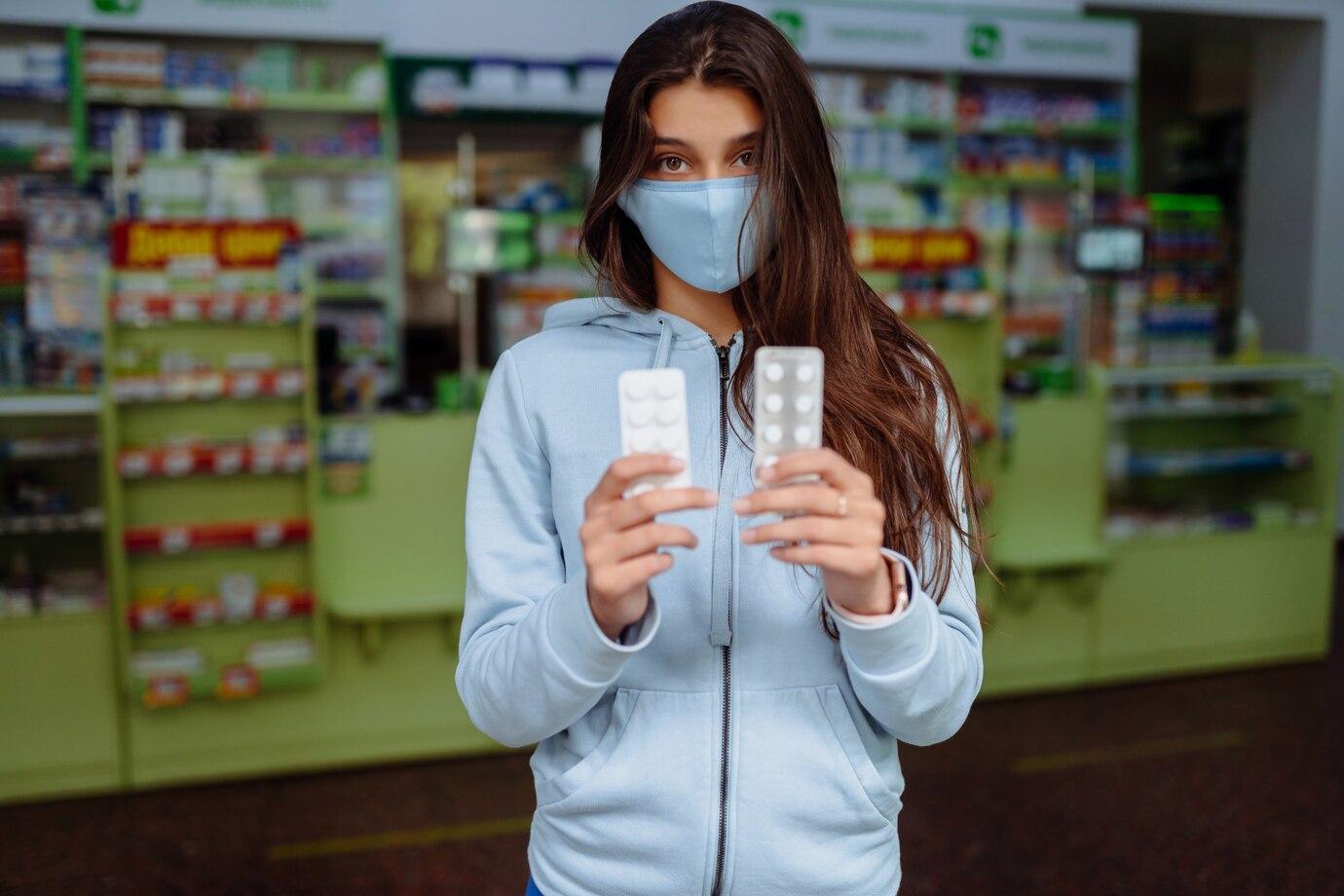
Conclusion
Fraud with medicines and supplements is a serious problem that requires attention from both government organizations and consumers themselves. To protect yourself from fraudsters, it is necessary to check information, be informed, and attentive to what you buy. Understanding fraud mechanisms and actively countering these schemes will help strengthen trust in the medical field and protect public health.
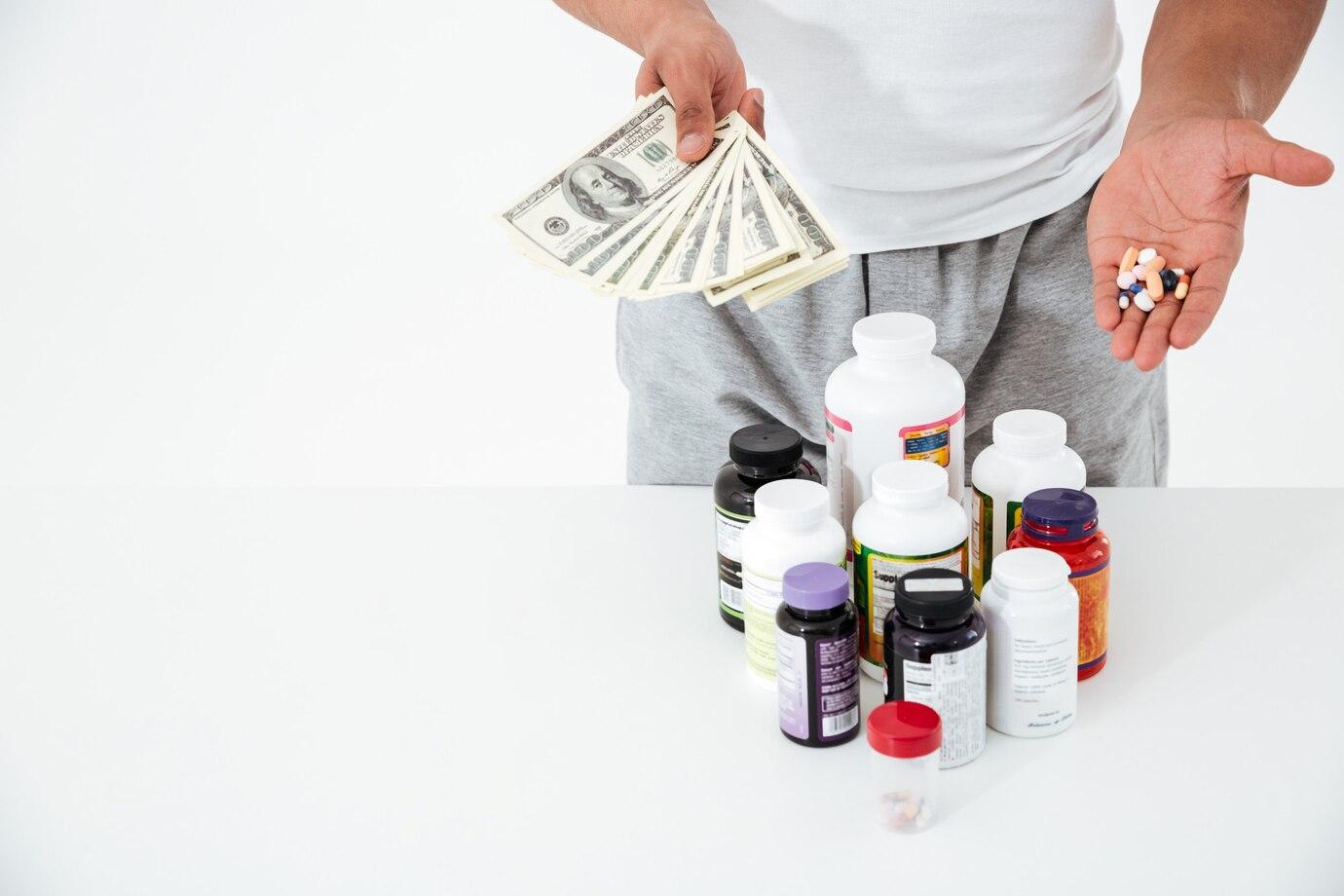 >
>